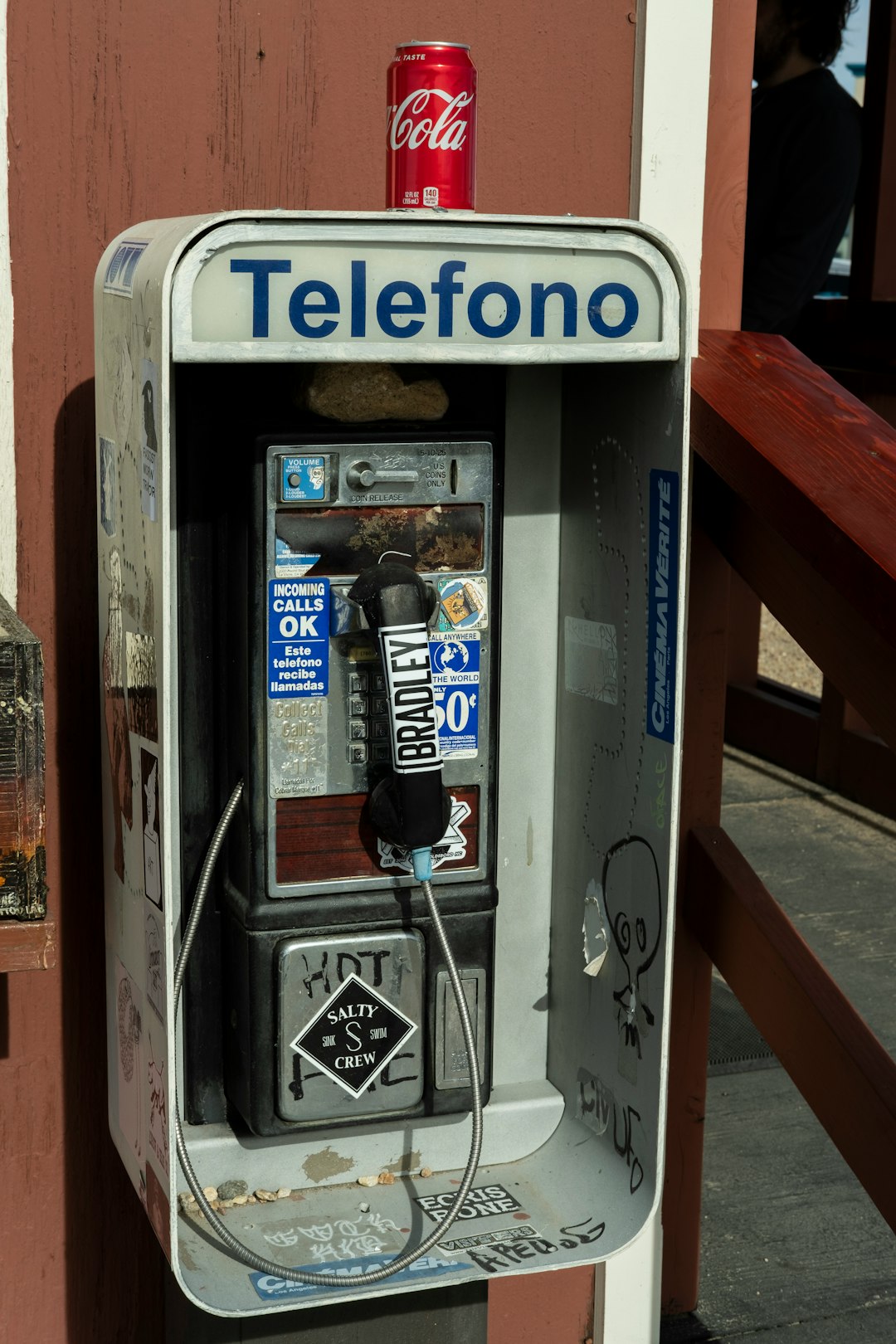In Colorado, "no-call" laws protect residents from unwanted telemarketing by enabling them to register their phone numbers on a "Do Not Call" list. Enforced by the Colorado Attorney General's Office, these laws require businesses to obtain prior consent and honor requests. Lakewood, Colorado, has taken a stringent approach through its City Code, offering legal recourse for affected residents and fines for violations. Businesses must navigate these regulations by implementing comprehensive opt-in/opt-out systems and regularly updating records, with No Call Attorney Colorado providing guidance. Challenges include misconceptions about restrictions, complex tracking, and consumer misuse. Lakewood's success lies in clear communication and effective reporting mechanisms, fostering a peaceful environment.
“In Colorado, understanding and adhering to no-call laws is crucial for both residents and businesses. This article explores Lakewood’s innovative approach to enforcing these regulations, offering a comprehensive guide for navigating this legal landscape. From a legal perspective, we’ll dissect the ‘No-Call’ provisions in Colorado’s city codes, focusing on Lakewood’s specific rules. We’ll also delve into strategies for businesses to ensure compliance and address common challenges, including effective communication techniques that foster trust with residents. For all things related to no-call attorney services in Colorado, this is your comprehensive resource.”
Understanding No-Call Laws in Colorado: A Legal Perspective

In Colorado, “no-call” laws are designed to protect residents from unwanted telemarketing calls and sales pitches. These laws, enforced by the Colorado Attorney General’s Office, give consumers the right to register their phone numbers on a “Do Not Call” list, effectively blocking most commercial calls. Understanding these laws is crucial for both businesses operating in Colorado and residents looking to protect their privacy. A No Call Attorney Colorado can guide businesses on navigating these regulations, ensuring they respect consumer rights while maintaining legitimate marketing efforts.
Telemarketers and sales companies must comply with specific rules, including obtaining prior consent before calling, honoring “Do Not Call” requests, and providing a way for recipients to register their numbers. Non-compliance can lead to legal repercussions, such as fines and lawsuits. Knowing and adhering to these laws is essential for maintaining a positive business reputation and avoiding costly legal issues.
The Role of Lakewood's City Code in Protecting Residents

Lakewood, a vibrant city in Colorado, has implemented a stringent City Code aimed at protecting residents from unwanted telemarketing calls and text messages. This proactive approach is designed to safeguard citizens’ peace and privacy, making it a significant aspect of the local government’s commitment to community well-being. The Lakewood City Code explicitly outlines restrictions on unsolicited sales and marketing communications, also known as no-call laws, providing legal recourse for aggrieved residents.
By enforcing these regulations, Lakewood offers its citizens relief from relentless telemarketers, ensuring that personal time and space remain undisturbed. Any violations of the city’s no-call policies can result in legal consequences for offenders, including fines and other penalties. This robust framework empowers Lakewood residents to take action against unwanted calls, making it easier for them to seek help from trusted sources, such as No Call Attorneys in Colorado, who specialize in navigating these legal intricacies on their behalf.
Strategies for Businesses to Comply with No-Call Regulations

Businesses operating in Colorado, particularly those with telemarketing or sales teams, must adhere to strict no-call regulations to respect consumer privacy and preferences. A key aspect of compliance involves employing robust do-not-call strategies that go beyond simply avoiding registered numbers. One effective approach is to implement a comprehensive consumer opt-in/opt-out system, ensuring every customer interaction begins with explicit consent. Regularly updating and cross-referencing internal records against national do-not-call registries is crucial to prevent accidental or intentional violations.
Engaging the services of a No Call Attorney Colorado can significantly facilitate this process. Legal experts specializing in telecom law can help draft and implement policies that ensure compliance, minimize the risk of penalties, and protect the business’s reputation. They can also guide companies on handling consumer complaints and managing internal processes to maintain a customer-centric approach while adhering to no-call laws.
Common Challenges and Misconceptions about No-Call Enforcement

Enforcing no-call laws, while crucial for consumer protection, often faces several common challenges and misconceptions. One primary issue is the perception that such regulations are restrictive and hinder legitimate business practices. Many businesses, especially in competitive industries, believe that being placed on a do-not-call list limits their ability to connect with potential customers, potentially impacting their growth and success. This misconception leads some companies to either ignore no-call rules or find loopholes to bypass them.
Another challenge arises from the complexity of tracking and managing call records accurately. With advancements in technology, automated calling systems have become more sophisticated, making it harder for No Call Attorney Colorado to identify and penalize violators. Additionally, consumers themselves sometimes misuse the system by registering numbers they no longer want calls from, but still engage in unwanted calls themselves, creating a complex web of regulations and user behavior.
Effective Communication: Building Trust Through Compliance

In the quest to uphold no-call laws, effective communication plays a pivotal role in building trust between residents and authorities. Lakewood, Colorado, recognized this fact when they implemented their approach to enforcing these regulations. By employing clear, consistent, and transparent channels of communication, they ensure that citizens understand the rules and the consequences of non-compliance. This proactive strategy not only educates the community but also fosters a sense of shared responsibility for maintaining a peaceful and respectful environment, especially regarding unwanted phone calls.
A key aspect of this approach is empowering residents to report violations effectively. With the help of No Call Attorney Colorado services, Lakewood has made it easy for concerned citizens to take action against persistent telemarketers. This not only aids in enforcing the law but also reinforces the community’s commitment to protecting each other from nuisance calls. The combination of open lines of communication and robust reporting mechanisms has significantly contributed to a calmer, more harmonious neighborhood, proving that effective communication is indeed a powerful tool in building trust and maintaining order.






